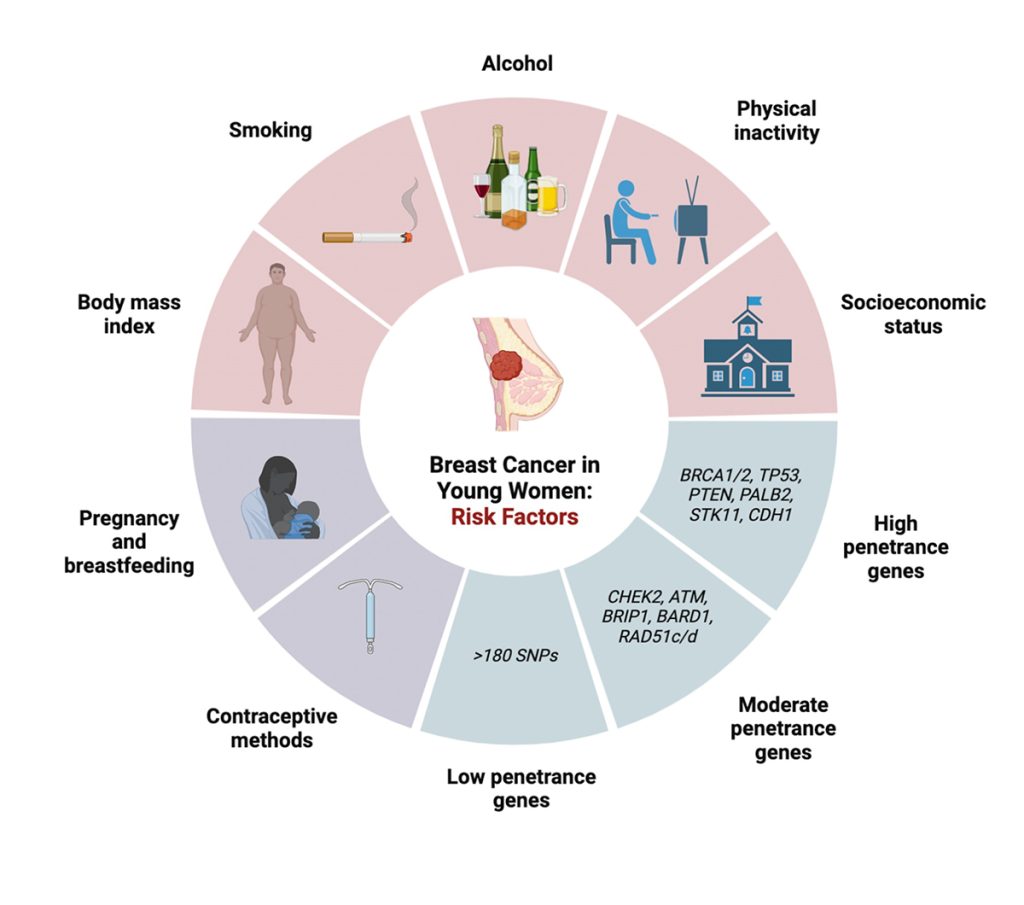Breast Lump
Breast diseases encompass a wide range of conditions that affect the breast tissue. These conditions can be non-cancerous (benign) or cancerous (malignant).
To know more about colorectal disease, contact Dr Vikram Ramamurthy, breast disease SPECIALIST IN BANGALORE. Dr. Vikram Ramamurthy is a highly accomplished and compassionate colorectal specialist in Bangalore with an unwavering commitment to delivering exceptional patient care and surgical excellence. With extensive expertise in a wide range of surgical procedures, Dr. Vikram Ramamurthy brings a wealth of experience and proficiency to the operating room. Known for his meticulous approach and precise surgical techniques, Dr. Vikram Ramamurthy consistently ensures optimal patient outcomes and recovery. His dedication to staying at the forefront of medical advancements and his adeptness in leveraging cutting-edge technologies make him a trusted and sought-after practitioner in the field of general surgery. Dr. Vikram Ramamurthy’s exceptional patient-centric approach establishes him as a reliable and empathetic healthcare provider dedicated to fostering a culture of wellness and holistic patient well-being. He had carved a niche for giving the BEST breast disease TREATMENT in Bangalore with his experience and service.
Dr.Vikram Ramamurthy also specializes in advanced laparoscopic surgery for gastrointestinal problems like hernia, gallbladder stones, appendicitis, hepatobiliary and pancreatic diseases, colorectal diseases, piles, fissures, and fistulas in ano, with premium pre- and post-surgical care, making him one of the best gastrointestinal surgeons in Bangalore. He has general surgical problems like GERD, breast, thyroid diseases, varicose veins, diabetic wound, phimosis, lipoma, and sebaceous cyst.
In addition to his clinical work, Dr. Ramamurthy dedicates time to educating the next generation of surgeons. As a mentor and teacher, he instils the values of constant improvement and patient-centric care in his proteges.
Predisposing Factors
Gender and Age:
Women are more likely to develop breast lumps than men, and the risk increases with age.
Family History: A family history of breast cancer or certain genetic mutations (e.g., BRCA1, BRCA2) can increase the risk.
Hormonal Factors: Hormonal changes during menstruation, pregnancy, and menopause can affect breast tissue.
Personal History: Previous breast cancer or certain non-cancerous breast diseases may increase the risk.
Radiation Exposure: Previous exposure to chest radiation may contribute to the development of breast lumps.

Causes of Breast Lump:
- Fibrocystic Changes:Common non-cancerous changes in breast tissue, especially during the menstrual cycle.
- Cysts:Fluid-filled sacs that can form in the breast
- Fibroadenomas: Non-cancerous tumors that consist of glandular and connective tissue.
- Infections or Inflammation: Infections or inflammatory conditions can cause lumps.
- Breast Cance: While less common, a lump may be a symptom of breast cancer.

Symptoms
The most common symptom is the presence of a lump or mass felt in the breast tissue. This may be discovered through self-examination or by a healthcare provider during a clinical breast exam.
Changes in Breast Size or Shape:
A lump may cause changes in the size or shape of the breast.
Pain or Discomfort::
Some breast lumps may be associated with pain or tenderness.
Skin Changes:
Changes in the skin texture over the lump or the entire breast, such as redness, dimpling, or puckering
Nipple Changes:
Changes in the appearance of the nipple, such as inversion, scaling, or discharge.
Swelling:
Swelling or enlargement of the breast, particularly in one area.
Breast Sensitivity::
Increased sensitivity in the breast or nipple.
Diagnosis
Clinical Breast Exam (CBE): A physical examination by a healthcare professional to check for lumps or other abnormalities.
Imaging Tests:
Mammogram: X-ray of the breast tissue.
Ultrasound: Uses sound waves to create an image of the breast.
MRI: Magnetic resonance imaging for detailed images of the breast.
Biopsy: Removal of a small sample of tissue for examination under a microscope to determine if it is cancerous or non-cancerous
Management
Monitoring: Some lumps, such as those related to hormonal changes, may require monitoring without intervention.
Medication: For pain or inflammation associated with certain types of breast lumps.
Aspiration: Draining fluid from cysts using a fine needle.
Surgery: In cases where a lump is suspicious for cancer or causing significant symptoms.
Hormone Therapy: For certain hormone-related conditions.
Radiation or Chemotherapy: If a lump is cancerous, these treatments may be recommended.

- It’s important to consult with a doctor for proper evaluation, diagnosis, and management of colorectal diseases. It is advisable to consult Dr. Vikram Ramamurthy for an accurate diagnosis and the best treatment option tailored to you. Book an appointment by calling:
- +918660296440
- 918431751624,
- +919535958697.
- Regular screenings,Regular breast self-exams, clinical breast exams, and mammograms are essential for early detection and management especially for breast cancer, can help in early detection and better outcomes.


